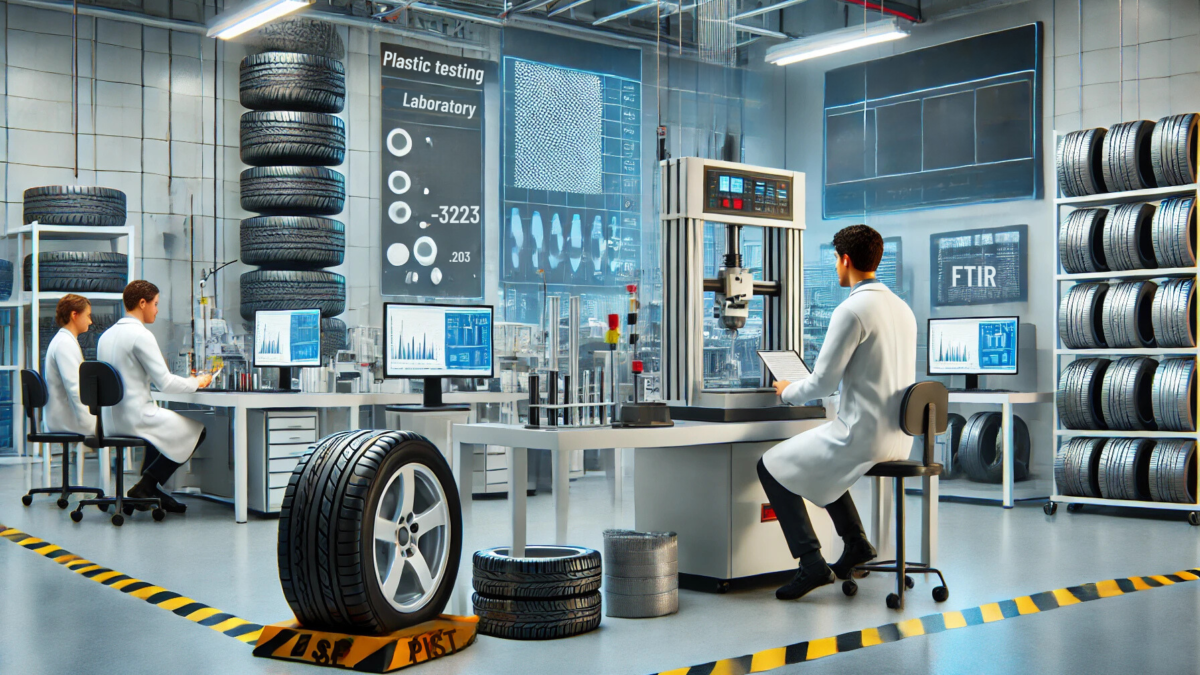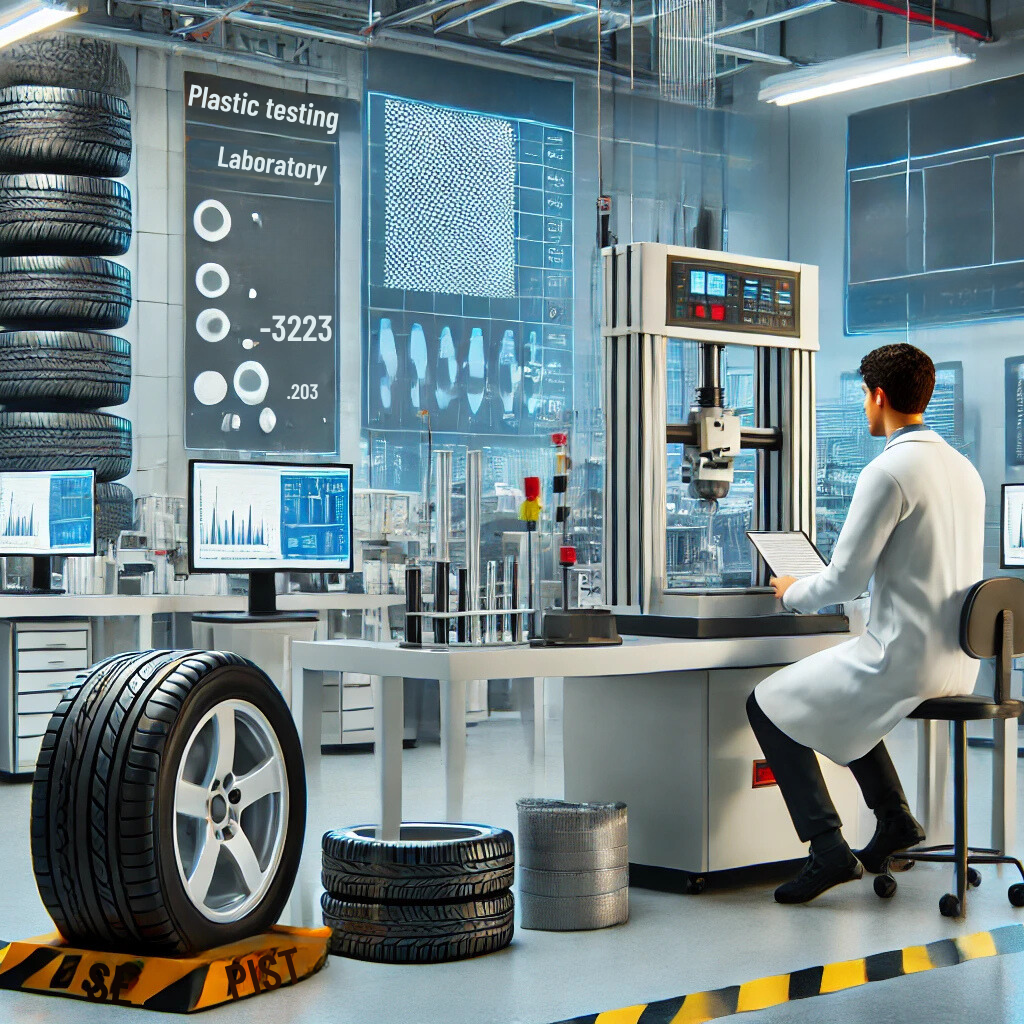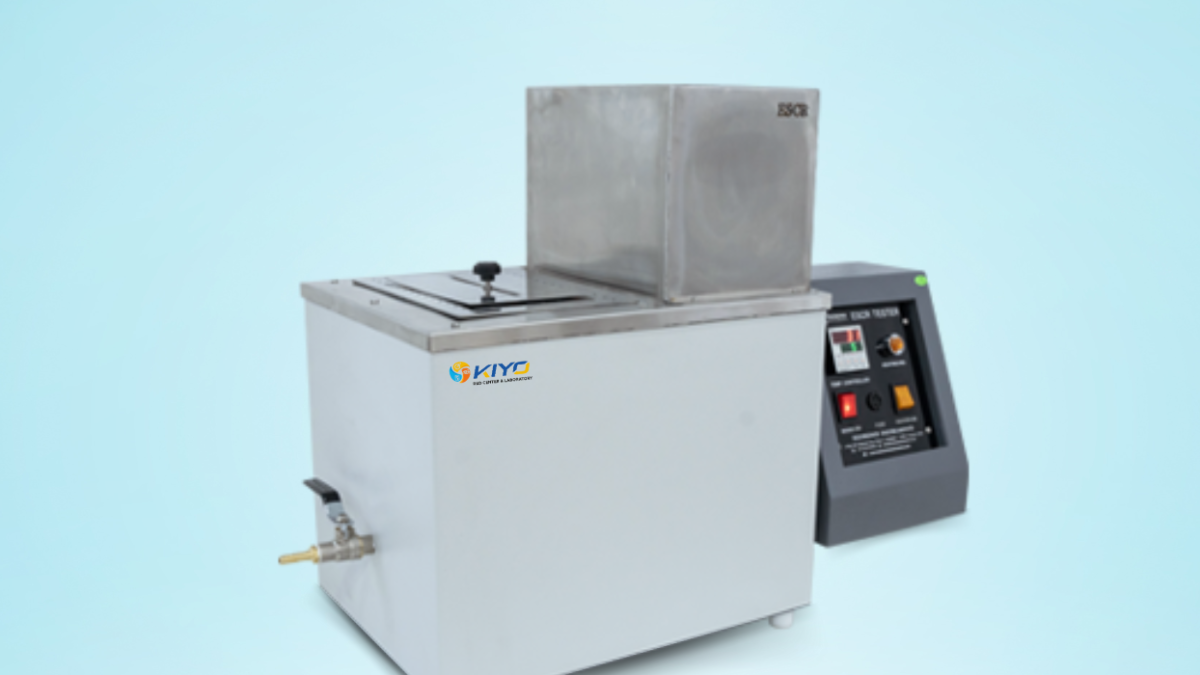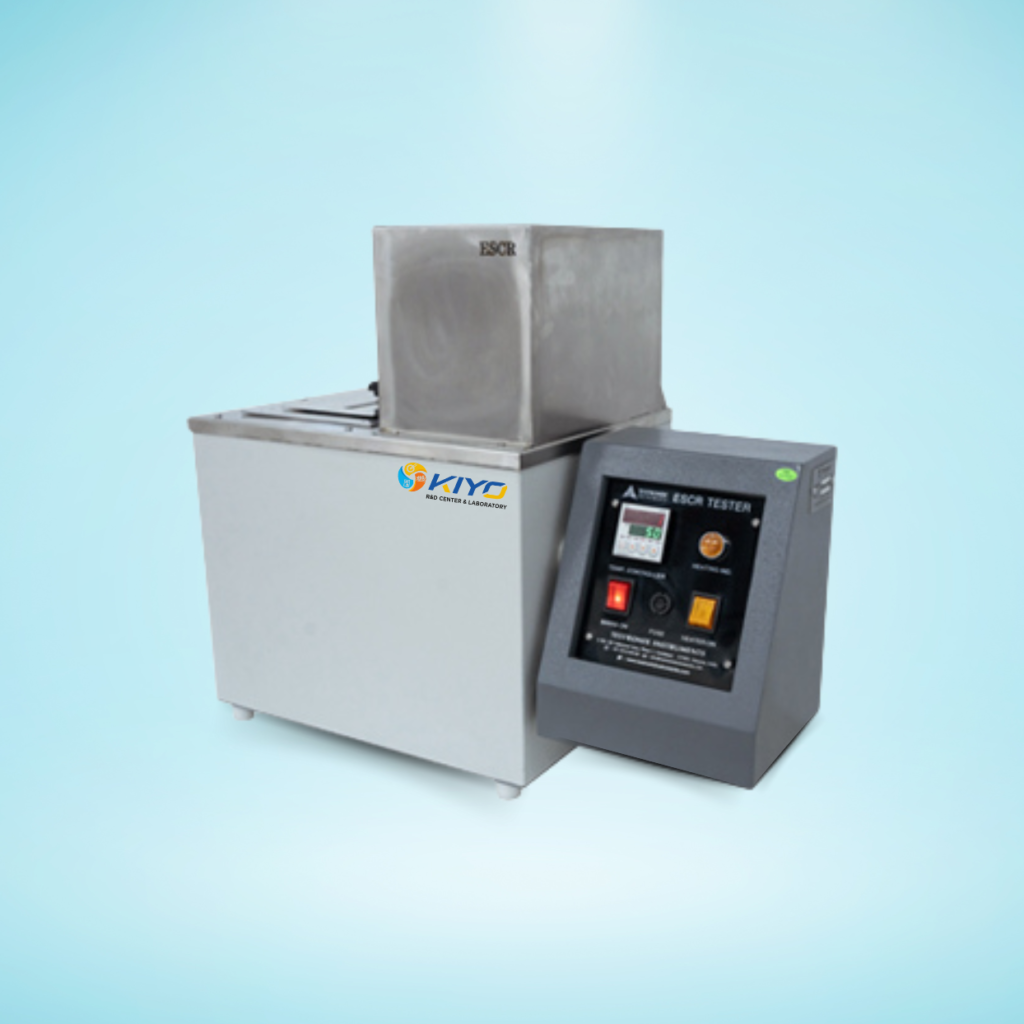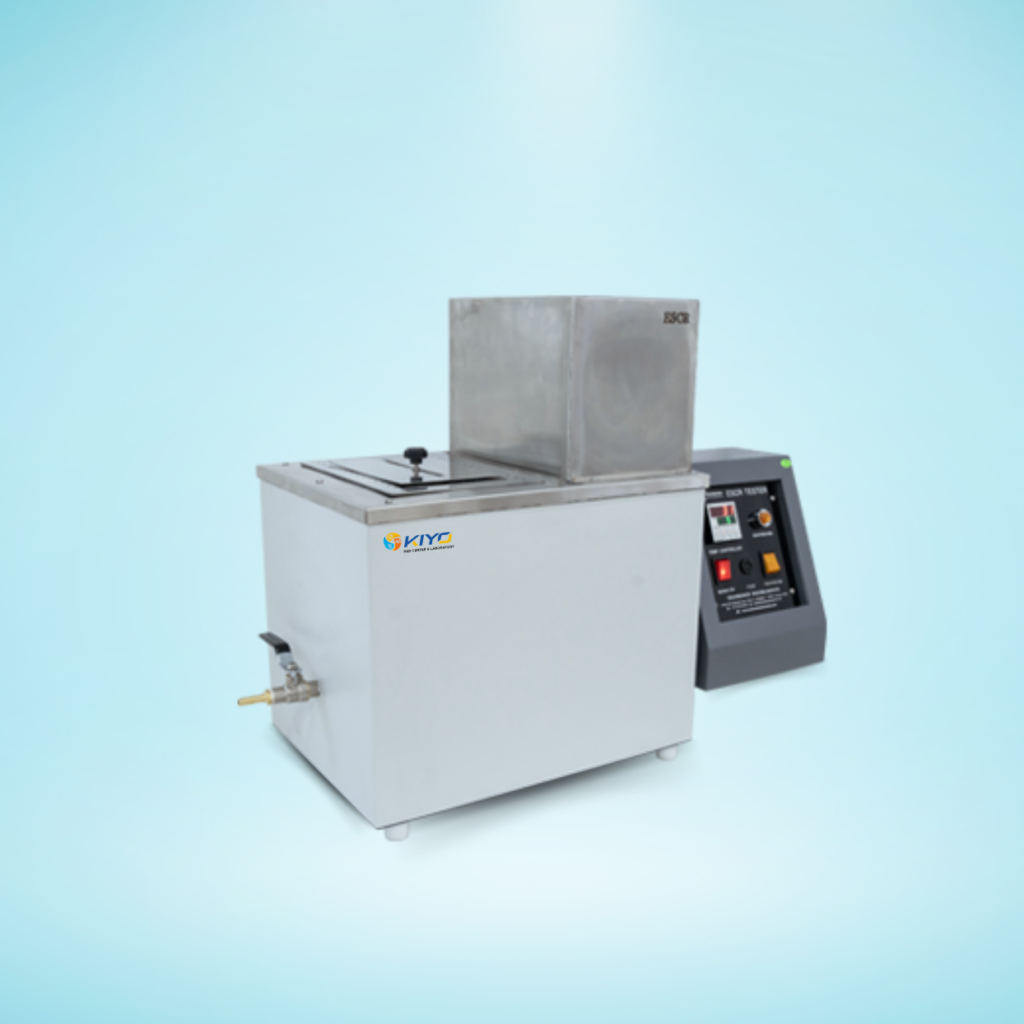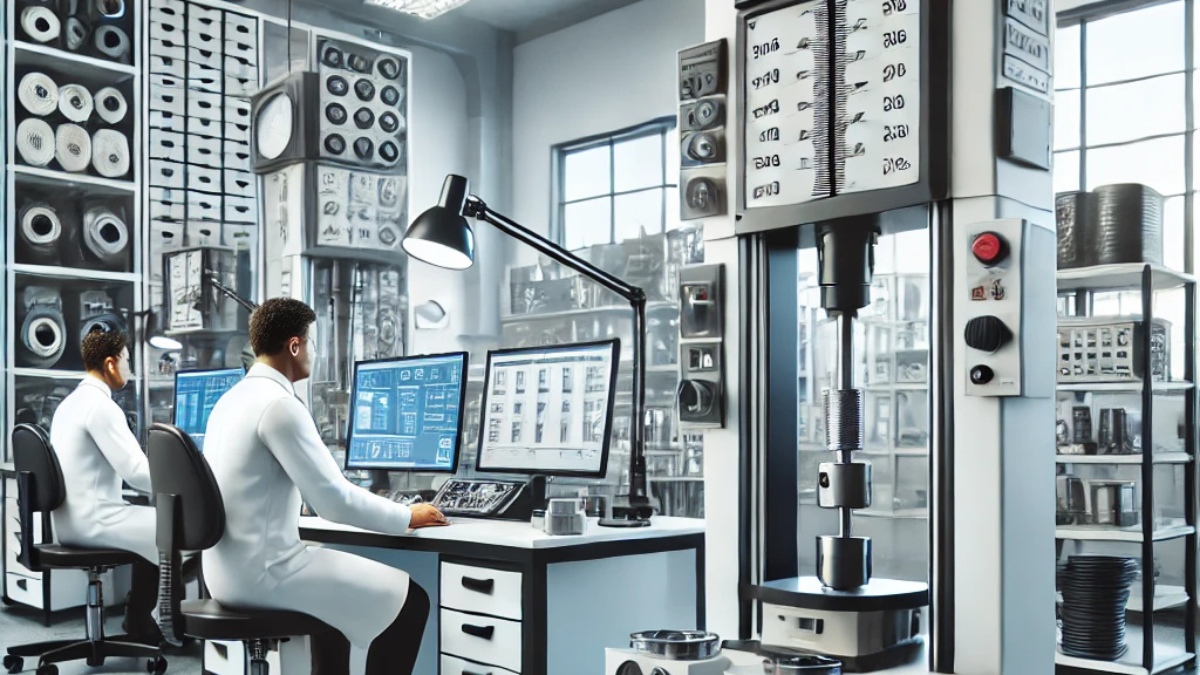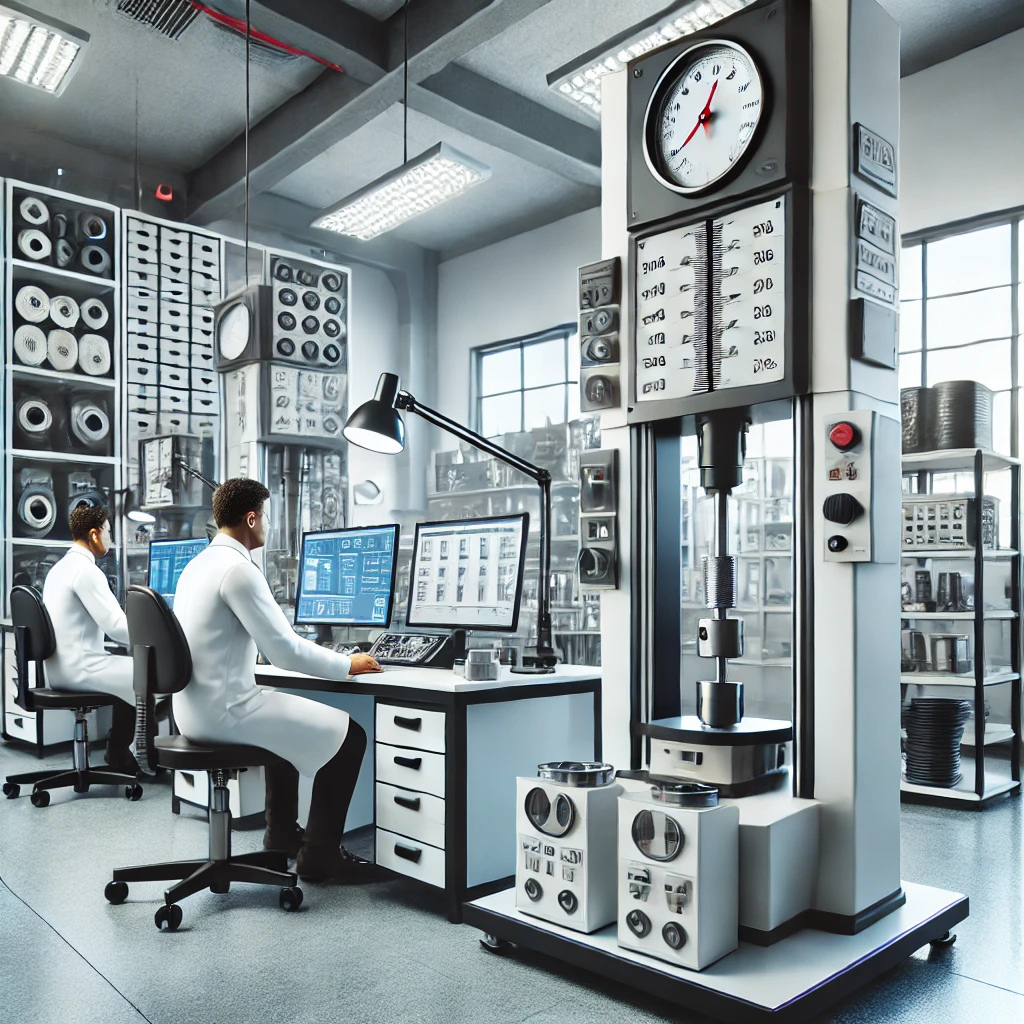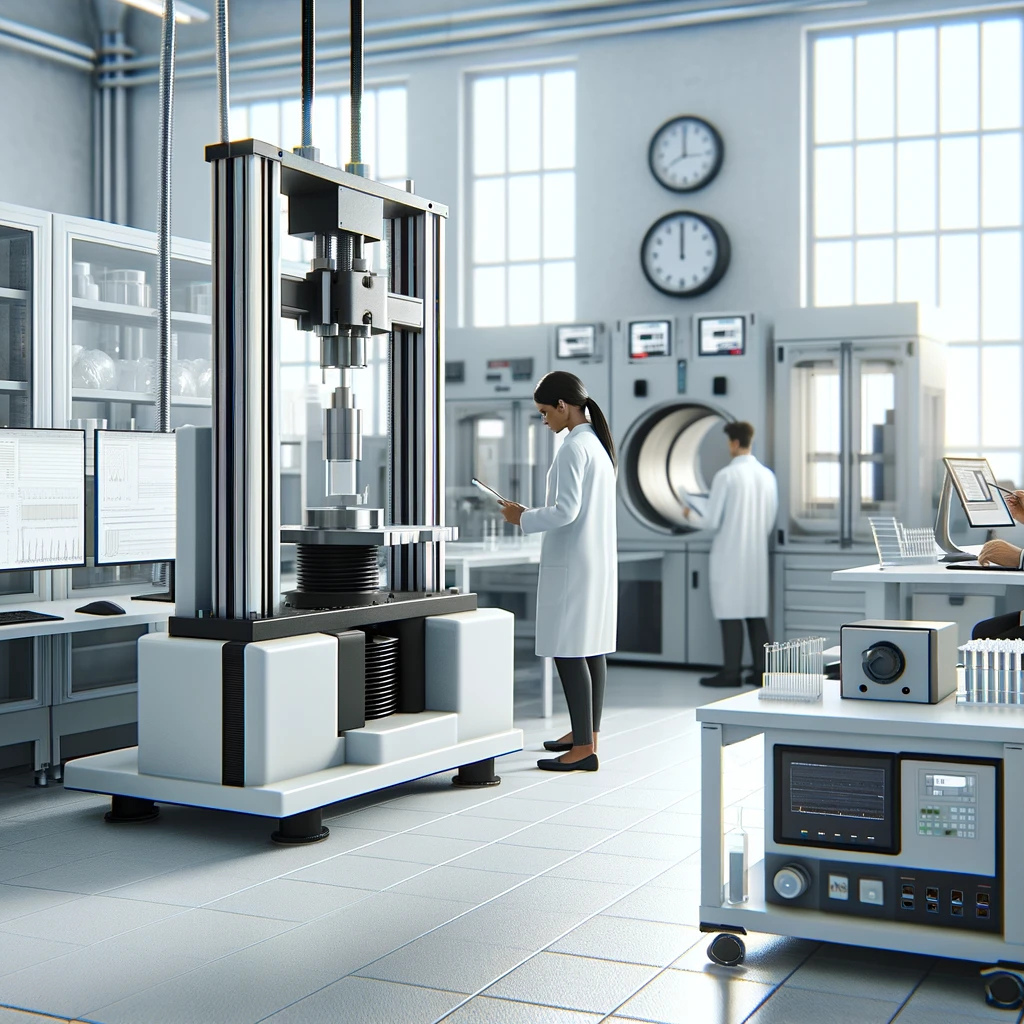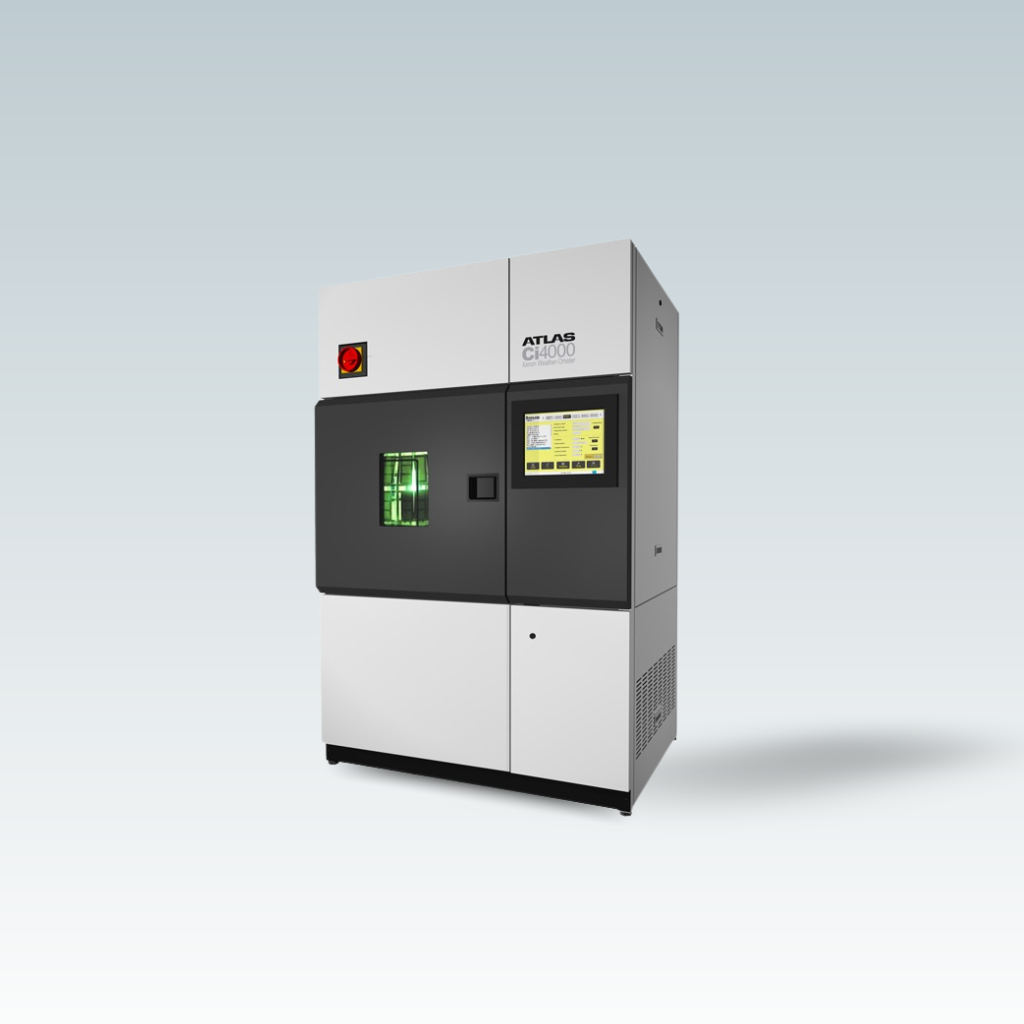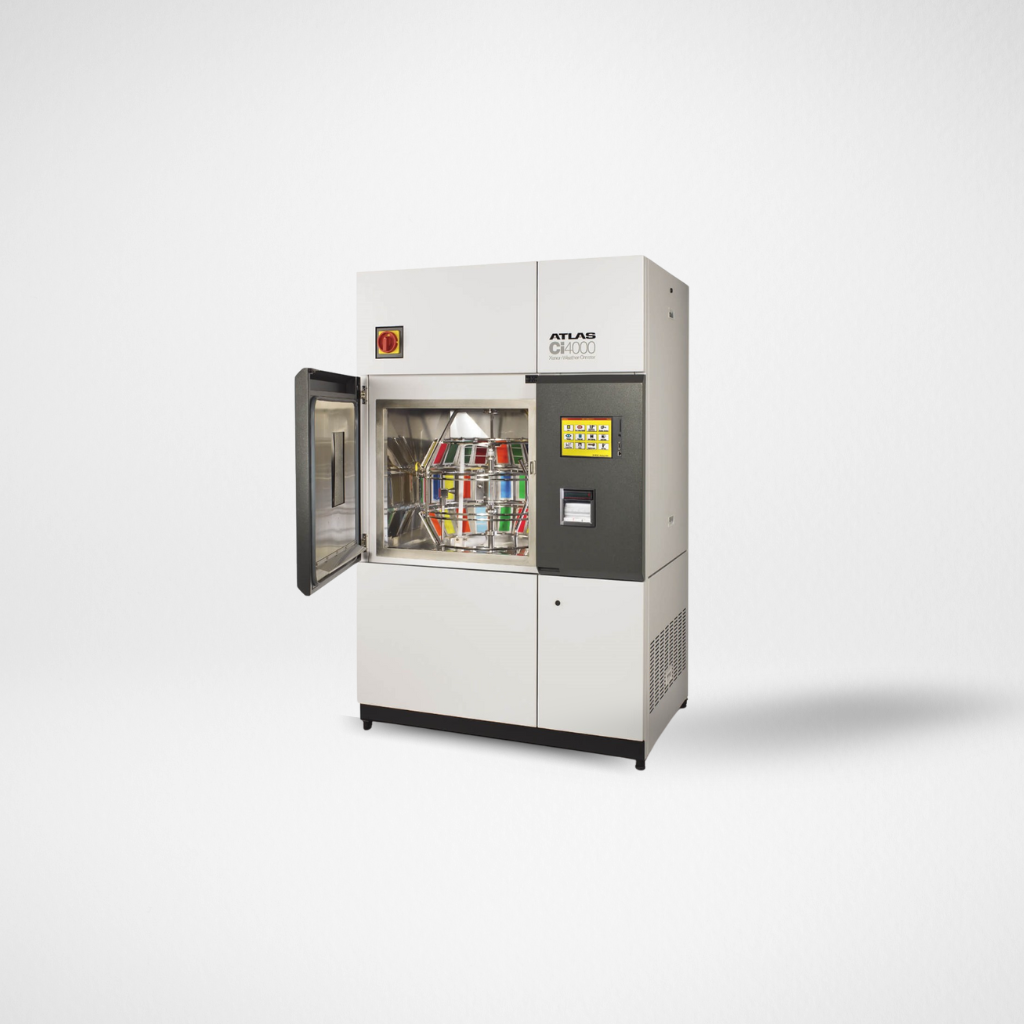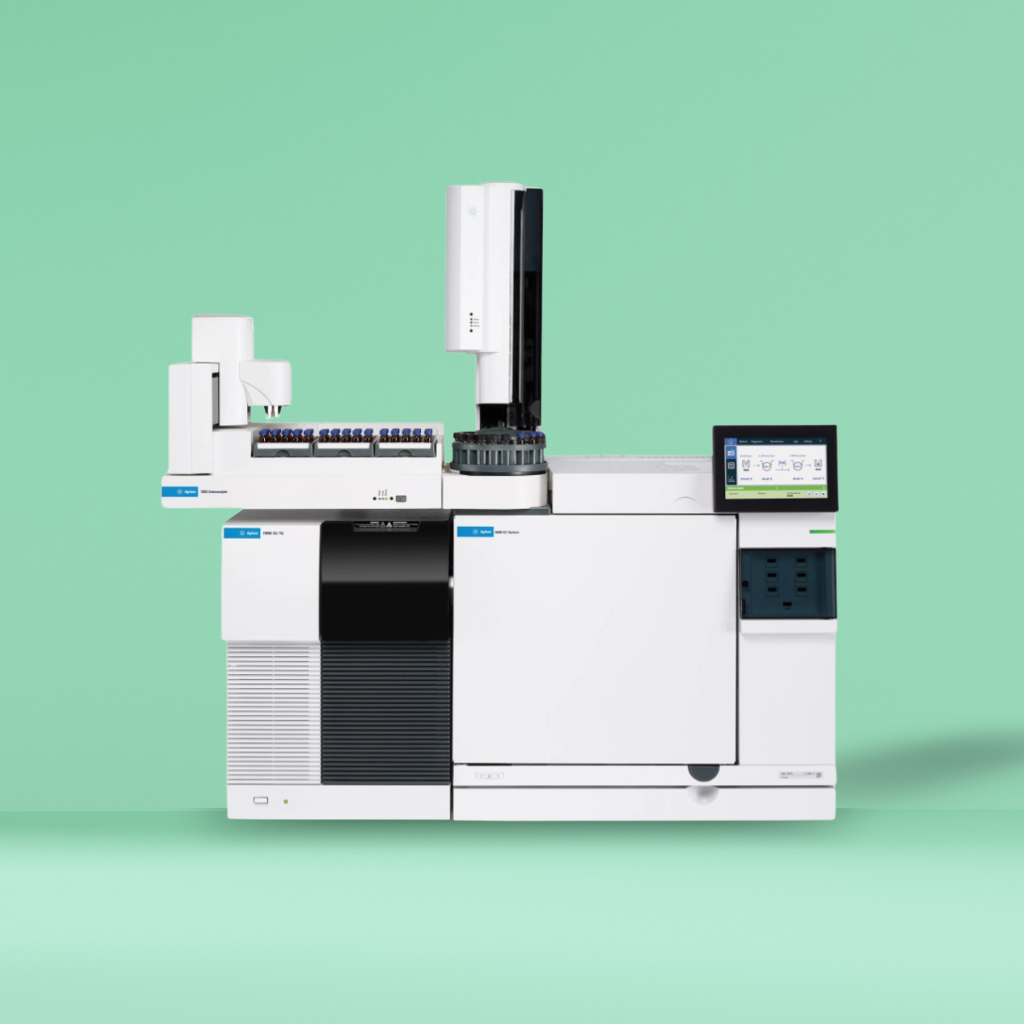Rockwell Hardness Test
Mastering Material Hardness: Exploring the Rockwell Hardness Test and ASTM D785
Introduction
- In the sector of fabric science, expertise the hardness of substances is a cornerstone for making sure high-quality, sturdiness, and performance. The Rockwell hardness check has emerged as one of the maximum trusted techniques for evaluating the hardness of a huge range of substances, inclusive of metals, plastics, and electric insulating additives.

What is Hardness Testing?
Hardness trying out determines a fabric’s resistance to deformation beneath a localized load. For applications related to plastics, hardness is a important property, influencing factors like wear resistance, energy, and overall performance in various environmental conditions.
The Rockwell hardness check simplifies this measurement process with the aid of offering an immediate studying of hardness based on the depth of penetration of an indenter under load. It is fast, reliable, and relevant to a extensive range of materials.
ASTM D785: The Standard for Rockwell Hardness Testing of Plastics
ASTM D785 outlines the techniques for accomplishing Rockwell hardness exams particularly for plastics and electrical insulating materials. The fashionable ensures consistency, accuracy, and repeatability in checking out, making it helpful for high-quality control and material characterization.
Key Features of ASTM D785
Scale Variety:
- Rockwell hardness for plastics makes use of precise scales such as R, L, M, E, and K. Each scale corresponds to a combination of load and indenter length perfect to special material properties.
Indenter Types:
- Hardened steel or tungsten carbide balls are used as indenters, varying in diameter relying on the scale selected.
Test Loads:
- Minor loads (e.G., 10 kgf) and predominant loads (15 kgf, 30 kgf, 60 kgf) are applied sequentially to evaluate the material’s response.
Specimen Requirements:
- The trendy defines thickness, flatness, and preparation suggestions to avoid deviations and inaccuracies.
Environmental Control:
- Testing situations together with temperature and humidity are regulated to limit the viscoelastic effects of plastics on check outcomes.
By adhering to ASTM D785, trying out laboratories can ensure the reliability and repeatability of hardness measurements.
The Testing Process
The Rockwell hardness test beneath ASTM D785 follows a truthful, standardized system:
Preparation:
- The specimen is ready to satisfy dimensional and floor end requirements mentioned inside the fashionable.
- Test situations, consisting of temperature and moisture, are stabilized.
Testing:
- The specimen is positioned at the checking out platform, and a minor load is carried out to position the indenter.
- A most important load is then implemented, growing an indentation inside the material.
- Once the main load is eliminated, the intensity of the indentation is measured robotically.
Recording Results:
- The gadget computes the Rockwell Hardness Number (HR) primarily based at the intensity of penetration and the dimensions decided on.
Applications in Plastics
Hardness trying out is a critical part of comparing plastics for diverse applications, inclusive of:
- Automotive Components: Ensuring sturdiness in bumpers, dashboards, and trims.
- Consumer Products: Testing the wear resistance of plastic housings and enclosures.
- Medical Devices: Verifying the integrity of polymers used in syringes, tubing, and diagnostic gadgets.
- Electrical Insulation: Evaluating materials for reliability underneath electric and thermal stresses.
Advantages of the Rockwell Hardness Test
- Simplicity: The method is short and straightforward, requiring minimal operator education.
- Non-Destructive: The check uses a small part of the fabric, permitting the rest of the specimen to stay intact.
- Precision: Automated machines make certain particularly correct and repeatable outcomes.
- Adaptability: A sort of scales and indenters make it appropriate for a huge range of substances.
Challenges and Considerations
Despite its blessings, Rockwell hardness trying out has boundaries:
- Surface Sensitivity: Poor specimen training or floor irregularities can skew results.
- Material Properties: Plastics, being viscoelastic, can show variability in results depending on environmental situations.
- Scale Selection: Incorrect scale usage can cause inaccuracies.
Why Choose Kiyo R&D for Hardness Testing?
At Kiyo R&D Laboratory, we specialize in precision testing offerings, consisting of Rockwell hardness testing as per ASTM D785. Our modern-day equipment and professional technicians provide accurate, dependable consequences tailored in your unique cloth needs.
Whether you’re testing materials for car, aerospace, client goods, or medical gadgets, we make sure compliance with enterprise requirements and provide insights to beautify your cloth overall performance.

Conclusion
- The Rockwell hardness take a look at, guided through ASTM D785, is a vital tool for evaluating the hardness of plastics and associated substances. Its accuracy, performance, and flexibility make it indispensable for industries global. By adhering to ASTM D785 requirements, producers can make sure the first-rate, reliability, and performance in their merchandise.











